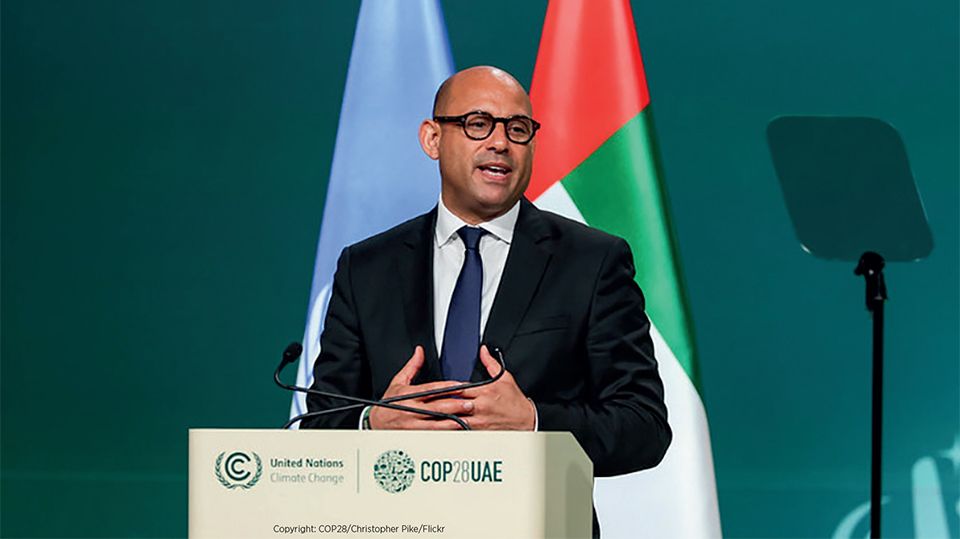Leaders at the COP28 conference in Dubai have acknowledged the “significant” gap in funding for country-wide adaptations to climate change, which a new report launched at the conference puts at up to $366bn annually.
The recognition comes amid the first-ever global stocktake, set to conclude at COP28, a process for countries and stakeholders to see where they are collectively making progress towards meeting the goals of the Paris Climate Change Agreement, and where they are falling short.
Adaptation is a key feature of the global stocktake. At the conference, world leaders stressed the need for all countries to urgently act faster to strengthen their adaptation to climate change.
Developing countries, with a focus on those that are particularly vulnerable, need more help with significantly increased resources, they said.
The leaders also agreed on the need to rapidly scale up support for adaptation and loss and damage beyond meeting the target of doubling adaptation finance.
According to the latest United Nations Environment Programme (UNEP) Adaptation Gap Report, finance for adaptation needs to reach $194bn-$366bn a year. The UNEP report estimates adaptation finance will only reach some $40bn dollars a year by 2025.
Adaptation about preparedness
UN climate change executive secretary Simon Stiell (pictured), who presented the report at COP28, said in a speech to the conference the adaptation gap is now a “chasm, a gorge, ever-widening”.
“Adaptation still struggles to compete with mitigation efforts – for attention, for prioritisation, for funding,” Stiell said, adding the global stocktake demonstrates that, rather than accelerating, progress on adaptation is stagnating.
The loss and damage fund agreed at COP28 “is in no way a replacement for, or a reason to diminish, the urgent need for the scaling-up of adaptation finance”, Stiell said.
“At the risk of over-simplifying, the loss and damage fund will in part address the consequences of our failure to adapt. That is an expensive self-goal. Adaptation is about preparedness and strengthening resilience. Taking precautions before it is too late,” he told delegates.
Adaptation finance “needs to be scaled up significantly”, Stiell said, and he called for a broadening of the pool of contributors, to include the private sector.
Funding must be underpinned by access, affordability, and urgency, he said, adding “countries want grants, not loans” so their “foresight and initiatives to adapt to climate change” are not “punished with crushing debt”.
Adaptation efforts of developing countries have already contributed to building their resilience and reducing the vulnerability of the population, COP28 leaders agreed.
Natural ecosystems play a key role in adaptation, including through ecosystem-based solutions, with particular emphasis on water and mountains.





